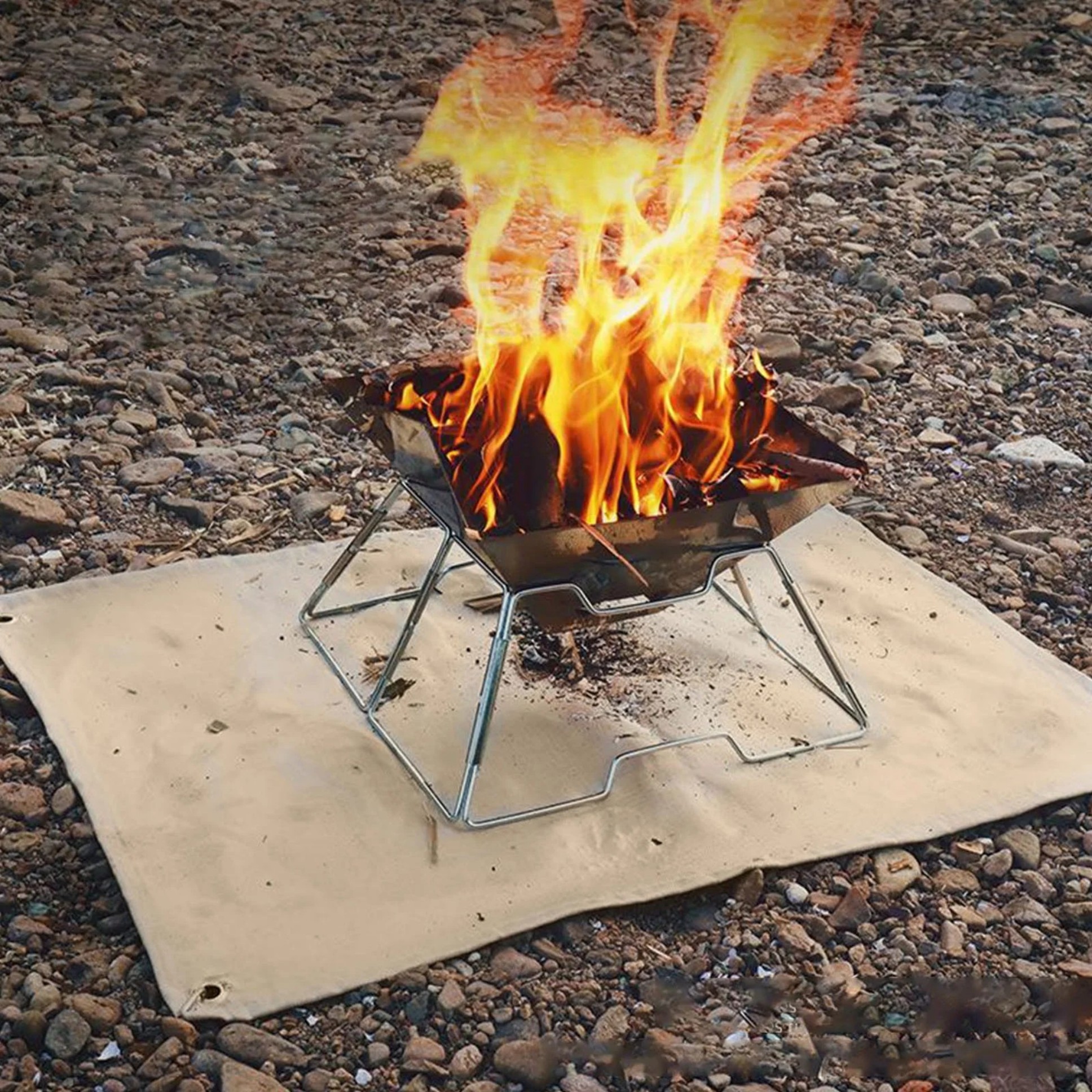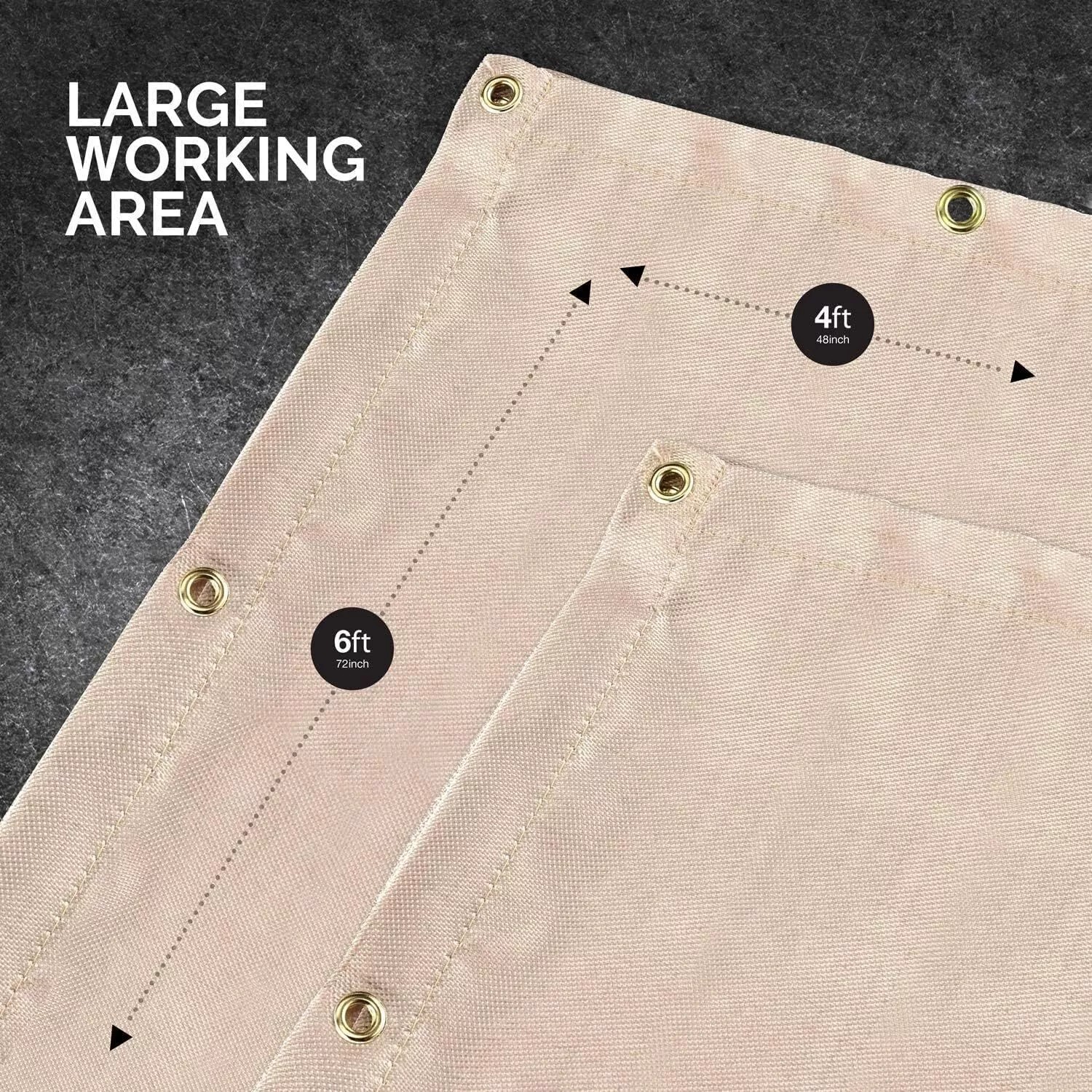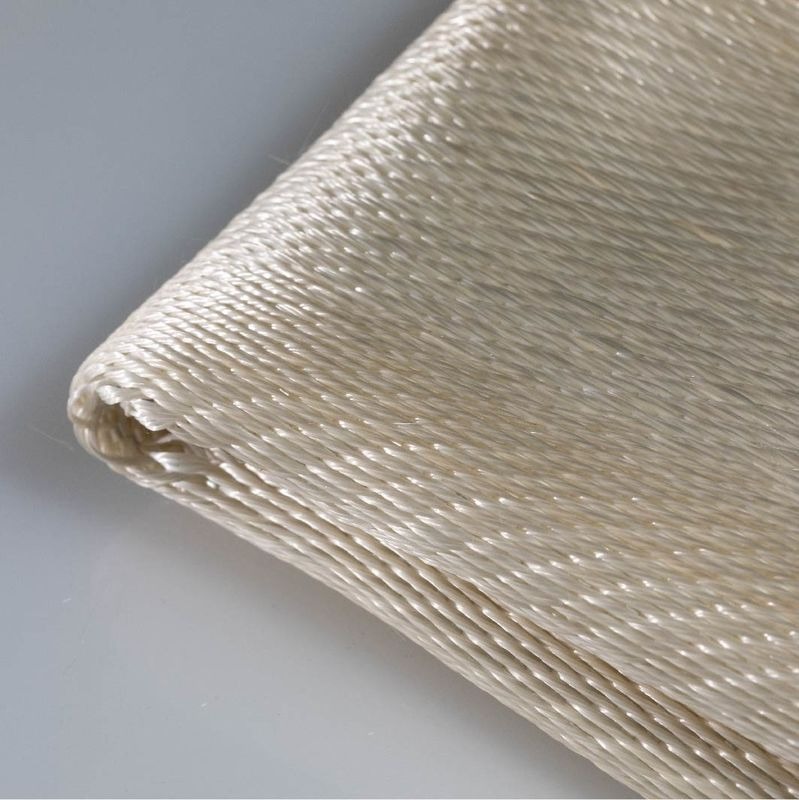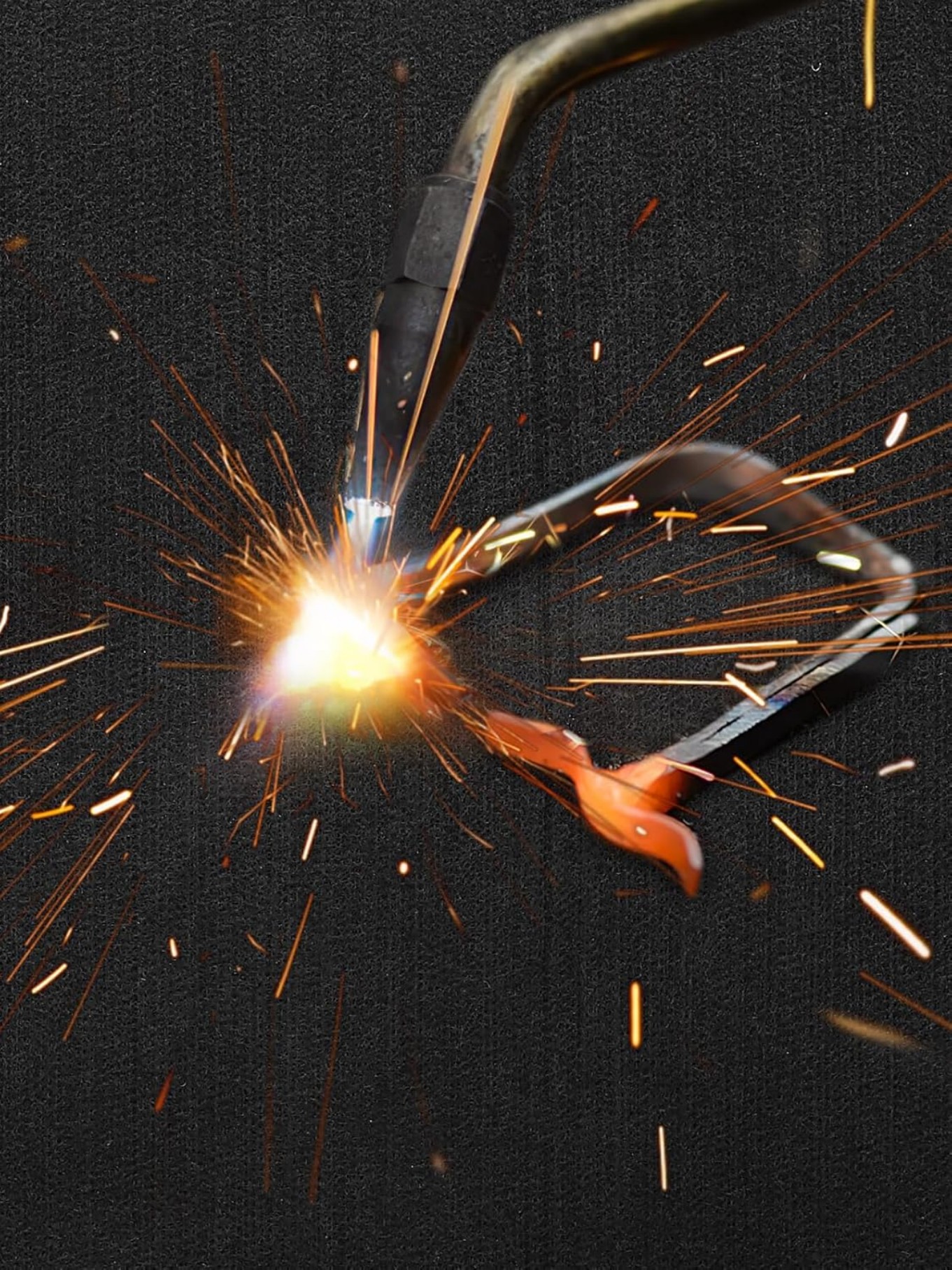Fire Proof Blanket for Welding: Ultimate Protection Guide
This guide explains how fire proof blankets for welding protect you and your workspace. Learn about materials, safety standards, proper usage, and maintenance to enhance welding safety.
Why You Need a Fire Proof Blanket for Welding
When welding, sparks and molten metal can fly up to 35 feet. A fire proof blanket for welding acts as your first line of defense against fires. These specialized blankets resist temperatures up to 2000°F (1093°C) and smother sparks instantly. Unlike regular tarps, they won't melt or catch fire when exposed to welding heat.
How Fire Proof Welding Blankets Work
Quality fire proof blankets for welding use fiberglass or silica fabric with special coatings. The tightly woven fibers create a barrier that:
- Blocks radiant heat
- Prevents spark penetration
- Resists chemical corrosion
- Maintains flexibility in extreme temperatures
Some advanced models include vermiculite coatings for extra protection against molten metal splatter.
Choosing the Right Fire Proof Blanket
Consider these factors when selecting your welding blanket:
- Temperature rating:Match it to your welding process (MIG, TIG, or stick welding)
- Size:Standard sizes range from 4x6 ft to 10x12 ft
- Material thickness:Thicker blankets (1/8"+) last longer
- Edge treatment:Look for reinforced grommets for secure hanging
- Certifications:NFPA 701 or ASTM F1959 indicate tested safety
Proper Use of Welding Fire Blankets
To maximize protection:
- Cover all flammable materials within 35 feet of your work area
- Overlap multiple blankets by at least 6 inches when covering large areas
- Secure edges with fire-resistant clips or weights
- Inspect for damage before each use
Never use damaged blankets - small tears can compromise protection.
Maintenance and Care Tips
Extend your fire proof blanket's lifespan with proper care:
- Shake out debris after each use
- Wash only when necessary using mild soap and water
- Air dry completely before storage
- Store flat or rolled - never fold (creases weaken fibers)
- Replace every 2-3 years with heavy use
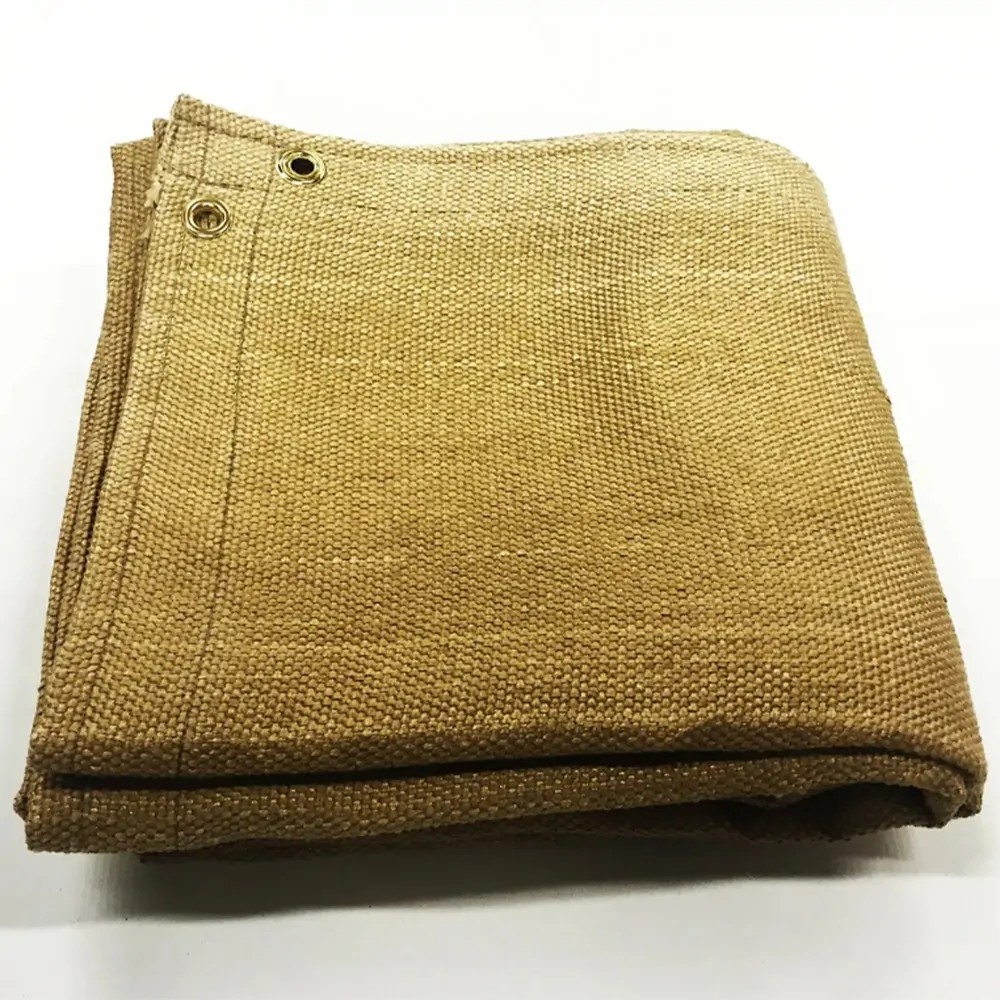
Beyond Welding: Other Uses
While designed for welding, these versatile blankets also work for:
- Foundry work
- Firefighter training
- Industrial furnace maintenance
- Emergency fire containment
Safety First: Final Reminders
Remember that a fire proof blanket for welding complements - but doesn't replace - other safety gear. Always wear:
- Welding helmet with proper shade
- Fire-resistant gloves and jacket
- Steel-toe boots
- Respiratory protection when needed
Keep a fire extinguisher rated for metal fires (Class D) nearby for complete protection.


